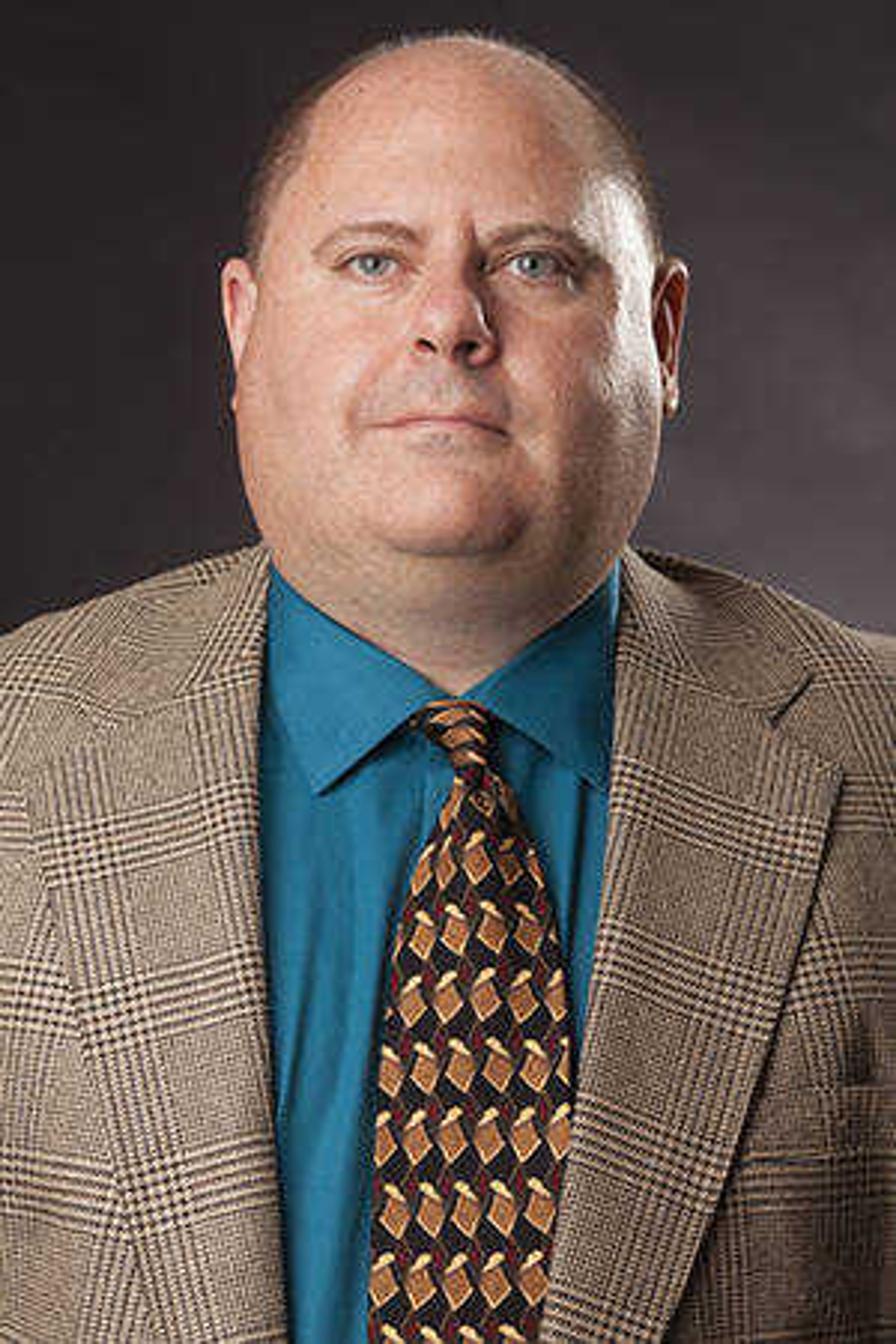Southeast assistant professor of political science James Newman experienced the global impact of the 2016 U.S. Presidential Election firsthand when he was invited to speak at an election law conference this summer at Sao Paulo University (Universidade de Sao Paulo) in Brazil.
Newman has a doctorate in public policy and administration from the University of Alabama. Sao Paulo University’s International Legal Meeting or Encontro Internacional Jurídico took place June 6, 2017 in Sao Paulo Brazil.
He was invited to the Sao Paulo conference after meeting faculty of the university at the annual Midwest Political Science Association conference in Chicago. Newman spent two weeks in Brazil sharing his knowledge on U.S. political policy and the election process.
“A lot of the questions were about the electoral college,” Newman said. “They wanted to know how an advanced republic like the U.S. can have elections like we do.”
Newman said there were a number of other experts in attendance from Italy and Brazil who spoke about similar topics concerning their country’s elections and politics.
“Most were surprised Hillary Clinton didn’t win,” he said. “They wondered how we could elect someone who has no political experience and has never won an election.”
The bottom line he said, was that President Trump was able to attract so much free media attention. Newman referenced major news networks airing footage of Trump’s empty podium instead of a Clinton speech that was happening simultaneously on May 26, 2016.
As for Trump’s victory, Newman said he should have seen it coming.
“I tell my students, when Jeb Bush pulled out of the Republican primary race, it was the first time I’ve seen a candidate with more money than they had votes.”
Additionally, Newman said making use of unconventional media outlets is no new phenomenon.
“To a degree it’s similar to what Bill Clinton did,” Newman said. “He went on the Arsenio Hall Show and was interviewed by Rolling Stone during his campaign. That type of thing was considered unpresidential. He got all kinds of media attention, and the bump in the polls helped him pull away from the rest during the primary.”
The trend of visiting late-night television and other popular media continued after Clinton’s years in office continued with presidential candidates George W. Bush and Al Gore appearing on the Oprah Winfrey Show in 2000 and President Barack Obama appearing on the View during his time in office.
“It’s more acceptable to the American public to use mediums like Twitter to communicate messages,” he said. “It’s getting a message out the way they want it to go out.”
Newman said another major topic discussed at the conference was partisanship.
He said Brazil’s government makes use of coalition agreements between influential parties which make it easier for government to work together and accomplish their goals by avoiding polarization.
The United States on the other hand has had a two-party system since the Civil War.
“On a lot of the issues like gun law rights, there’s very little discussion in between parties, it’s all or nothing,” he said. “They just got through discussing health care, again, legislation was not passed, they could not remove legislation - they couldn't add to it.”




